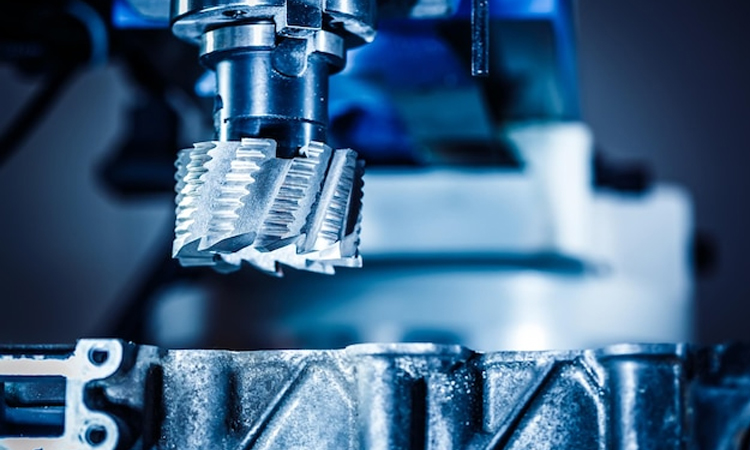The die and mould industry is a critical backbone of manufacturing, influencing sectors such as automotive, aerospace, electronics, and consumer goods. Precision machining plays a pivotal role in creating tools, dies, and moulds that meet stringent quality standards. With increasing global demand for customized and complex products, machining in the die and mould industry is undergoing transformative changes. India, as an emerging hub, is catching up with global trends to establish itself as a key player in the global supply chain.
Adoption of Advanced Machining Technologies
Globally, the die and mould industry is leveraging advanced technologies such as 5-axis CNC machining, high-speed milling, and electrical discharge machining (EDM). These technologies ensure exceptional precision, reduce lead times, and allow manufacturers to handle complex geometries and tighter tolerances.
In India, the adoption of 5-axis CNC machining has grown significantly, with leading players investing in advanced machinery to meet international standards. According to the Tool and Gauge Manufacturers Association (TAGMA), the Indian tooling market is projected to grow at a CAGR of 9% between 2023 and 2027, driven by demand for high-precision moulds in automotive and electronics.
Integration of Industry 4.0
The global die and mould industry is increasingly adopting Industry 4.0 technologies like IoT-enabled machines, AI-driven analytics, and real-time monitoring. These advancements enhance productivity, enable predictive maintenance, and minimize downtime.
In India, smart manufacturing is gaining traction, with manufacturers adopting digital twins and IoT solutions to optimize machining processes. A study by Deloitte indicates that 32% of Indian manufacturers have already integrated Industry 4.0 solutions, with many others planning implementation in the near future.
Shift Towards High-Performance Materials
The demand for durable and high-performance materials such as hardened steels, titanium alloys, and advanced composites is growing globally. These materials improve the lifespan of dies and moulds, especially for high-stress applications.
Indian manufacturers are increasingly working with these materials, supported by advancements in machining techniques like cryogenic machining and hard turning. Companies are also focusing on offering solutions for lightweight moulds, critical in industries such as automotive and packaging.
Rising Demand for Customization
Customization is a significant trend, with manufacturers globally seeking tailored dies and moulds to meet specific design and functional requirements. Technologies like CAD/CAM software integration and hybrid manufacturing (combining additive and subtractive processes) enable cost-effective customization.
In India, customization is driving innovation, especially in small and medium-sized enterprises (SMEs). The government’s Make in India initiative has also boosted the demand for domestically manufactured dies and moulds, reducing reliance on imports, which dropped to ₹7,000 crores in 2023, a notable improvement over previous years.
Sustainable Machining Practices
Sustainability is an emerging trend, with global manufacturers adopting green machining practices such as dry machining, minimum quantity lubrication (MQL), and recycling of waste materials. These methods reduce environmental impact while lowering operational costs.
Indian manufacturers are gradually aligning with these practices, particularly as global clients demand eco-friendly production methods. The emphasis on sustainability is expected to grow as Indian firms target larger shares of the global die and mould market, which is valued at approximately $100 billion in 2024.
Expanding Role of Additive Manufacturing (AM)
Additive manufacturing is transforming the die and mould industry by enabling rapid prototyping and the creation of intricate mould designs with reduced material waste. Globally, AM adoption is growing at a CAGR of 20%, with countries like Germany, the US, and Japan leading the way.
In India, companies are integrating additive manufacturing for low-volume production and mould inserts. This trend is particularly relevant in sectors like healthcare and consumer goods, where speed and flexibility are paramount.
The machining landscape in the die and mould industry is evolving rapidly, driven by advancements in technology, material innovations, and sustainability imperatives. Globally, manufacturers are focusing on precision, efficiency, and digital integration, while Indian companies are catching up with these trends to compete in the global market.
With government support, rising investments, and the integration of advanced machining technologies, India is poised to become a major player in the die and mould industry. The future of machining in this sector will continue to be defined by innovation, adaptability, and collaboration across global and Indian markets.
Image Courtsey : Design by Freepik



